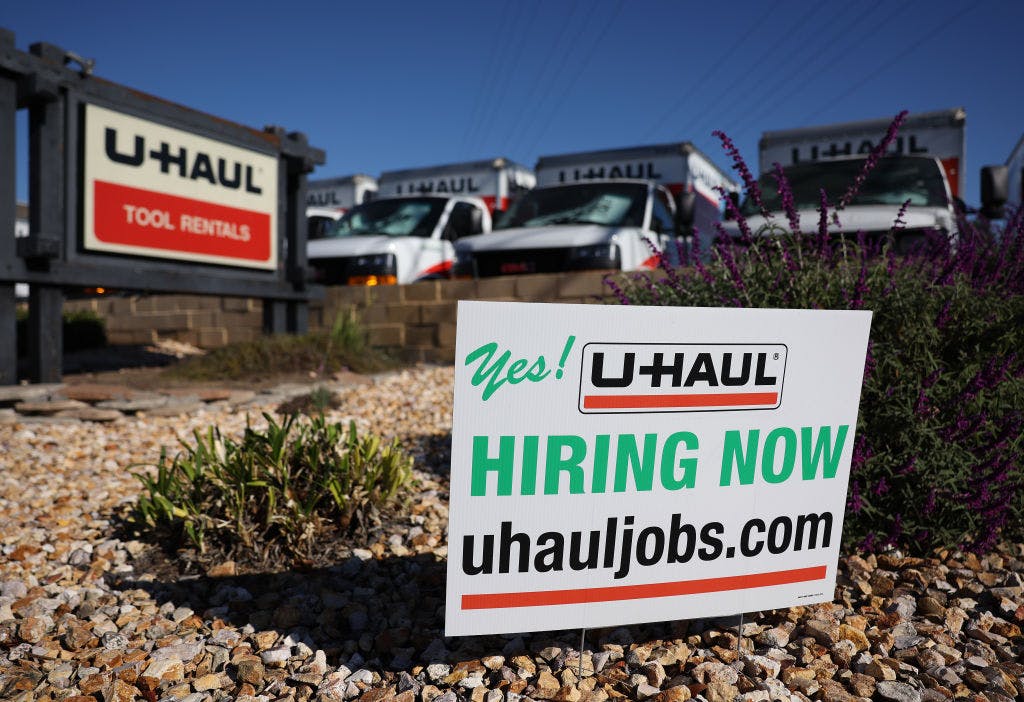
Alabama Lawmakers Consider Bill That Would Make It a Felony To Intentionally Disrupt a Church Service
By BRADLEY CORTRIGHT
|This article is from the archive of The New York Sun before the launch of its new website in 2022. The Sun has neither altered nor updated such articles but will seek to correct any errors, mis-categorizations or other problems introduced during transfer.

Already have a subscription? Sign in to continue reading
$0.01/day for 60 days
Cancel anytime
By continuing you agree to our Privacy Policy and Terms of Service.

By BRADLEY CORTRIGHT
|
By WILL FRIEDWALD
|
By NOVI ZHUKOVSKY
|
By NOVI ZHUKOVSKY
|
By DANIEL EDWARD ROSEN
|
By MATTHEW RICE
|
By JOSEPH CURL
|
By BRADLEY CORTRIGHT
|